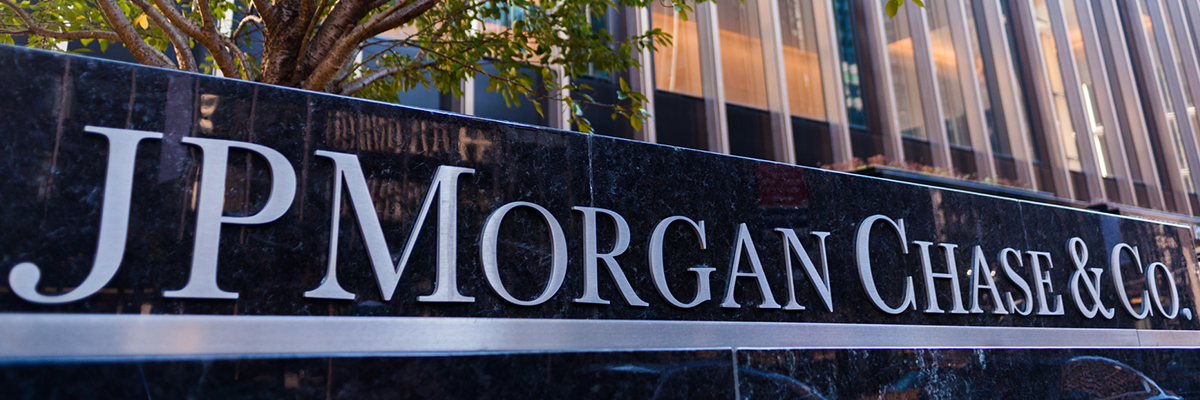Over the past few years the stories of Barron’s Top 100 advisors being fired has grown in a way that begs all manner of questions. Questions every bigger producer should be asking themselves and taking serious steps to protect their book, their career, and their reputation.
A few months ago another ‘advisor of scale’, Craig Findley, was fired from UBS. As the details leaked out he wasn’t fired for industry red lines such as unauthorized trading or fraud, but rather ‘outside activities, personal matters, and expense reporting’. Potential offenses which have largely been favorably interpreted on behalf of big producing advisors like Mr. Findley.
(**The latest on Craig Findley via media reports: “UBS explicitly said that the termination was not related to sales or client-related issues. But the U-5 language—including the use of “outside activities” rather than the more common termination cause of unauthorized “outside business activities”—suggests personnel and expense issues, said people familiar with compliance and legal notices who declined to be identified because they were not familiar with Findley’s case.”)
There is a narrative amongst the broker masses that believes that larger advisors increasingly have a target on their back. Wirehouses are particularly of interest as more big name advisors have been fired from those firms and made for splashy headlines. One wonders if that narrative has any merit to it, or is it simply an ‘us against the man’ mentality finding a cause to rally around?
Whether that narrative is real or perceived it still leaves us with a problem to solve. With sometimes billions in assets under management and multiple millions in annual revenue, advisors are brands that need to be protected.
Every manner of precautions need to be considered. Some suggestions that should be seriously considered are as such: personal legal counsel (the firms lawyers are NOT your lawyers or your friend), a compliance focused, salaried employee on your team, quarterly reviews of firm policy, annual off-site team meetings focused solely on client communications and how they match with firm policy, copious note taking, and any other measure that stays two steps ahead of your firms compliance and legal departments.
If you think one of those suggestions go too far…you are already at risk. This goes beyond personal integrity. You are protecting an asset that you’ve built over decades and may want to pass on as a legacy to your children. Should you be so careless as to leave it in the hands of an annual firm audit and firm paid compliance personnel? No, no you shouldn’t.
The reality today in wealth management is this, find a way to keep yourself uncomfortable and retain as much control of your business as you can. Be personally vigilant – it may save your career.



